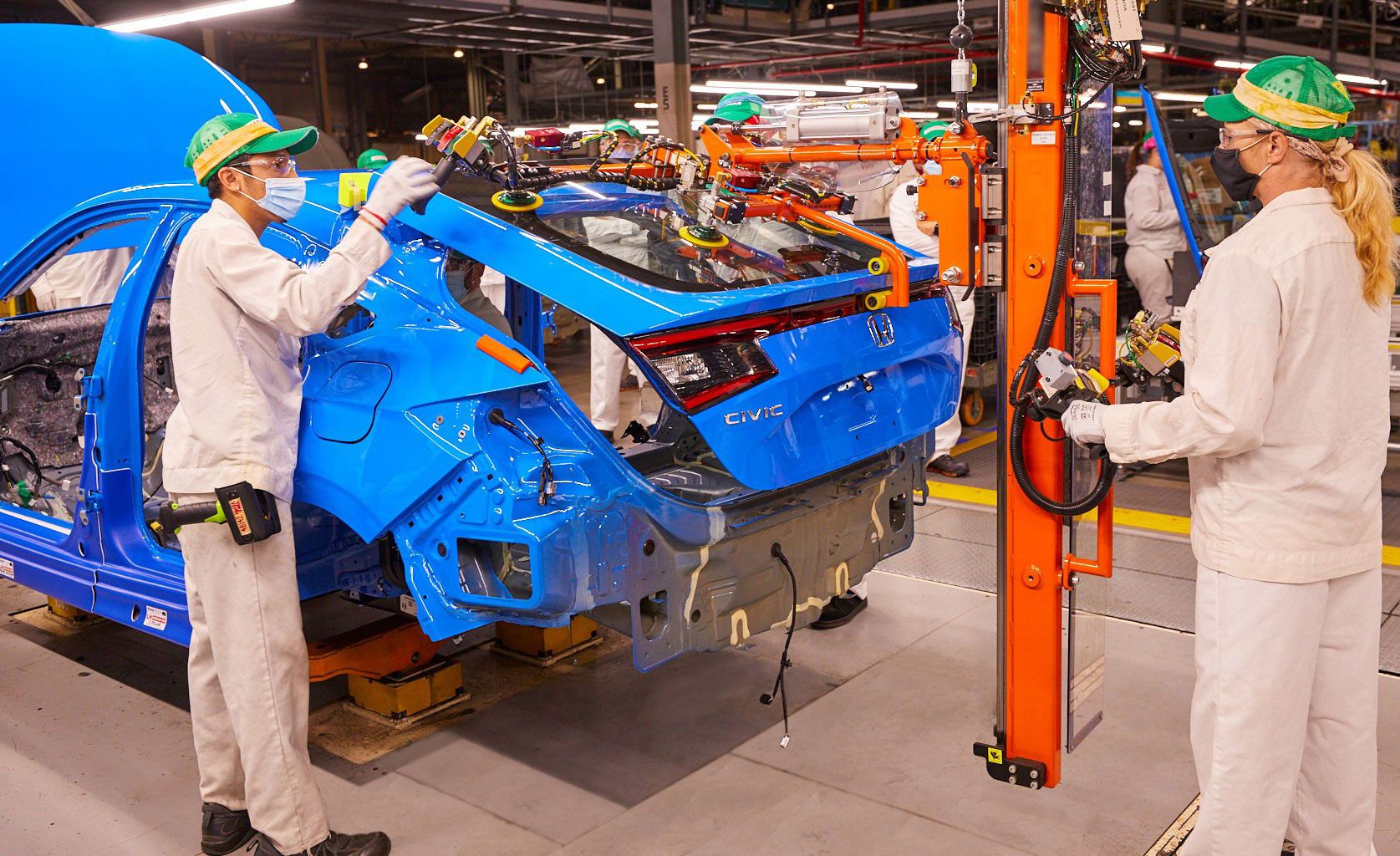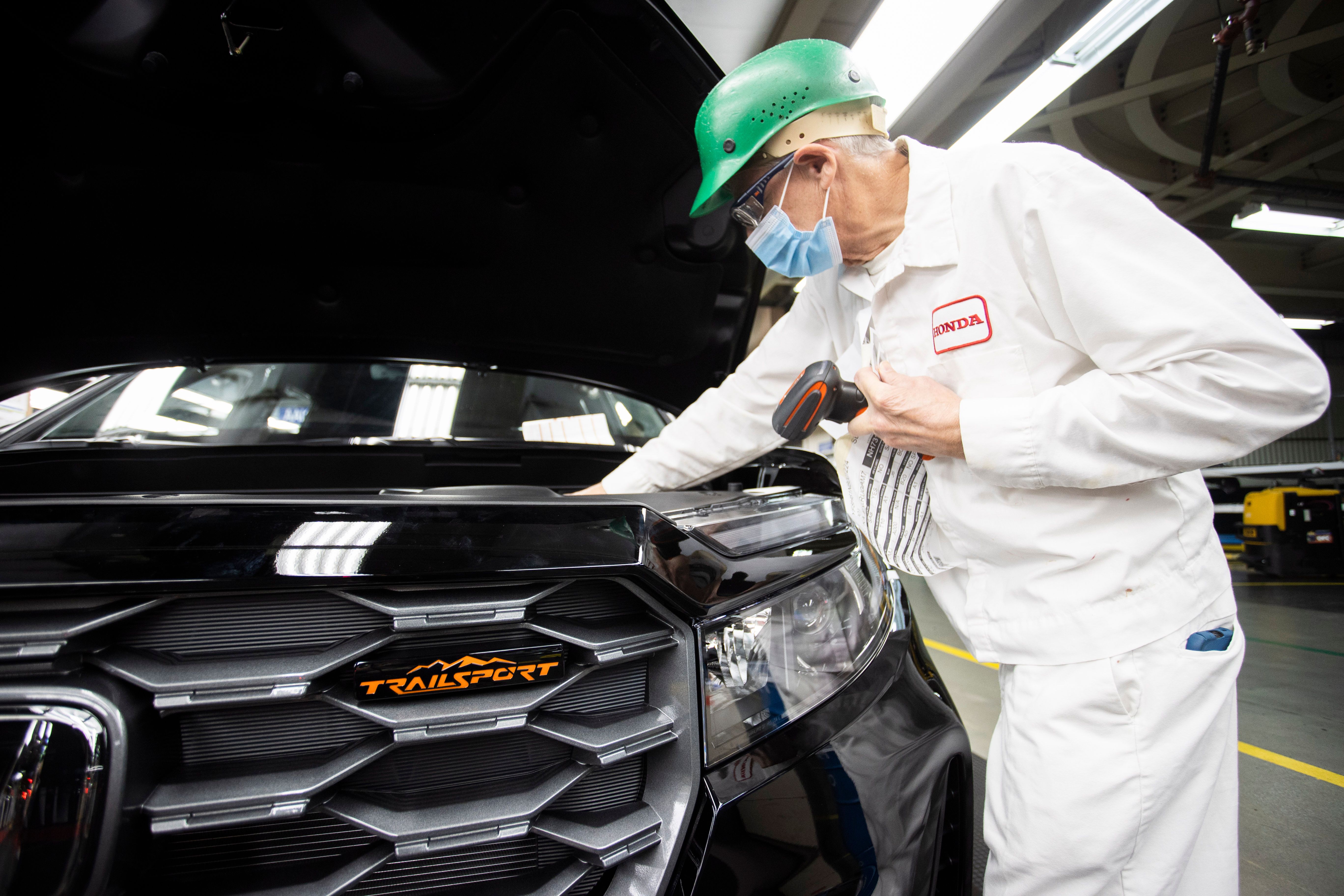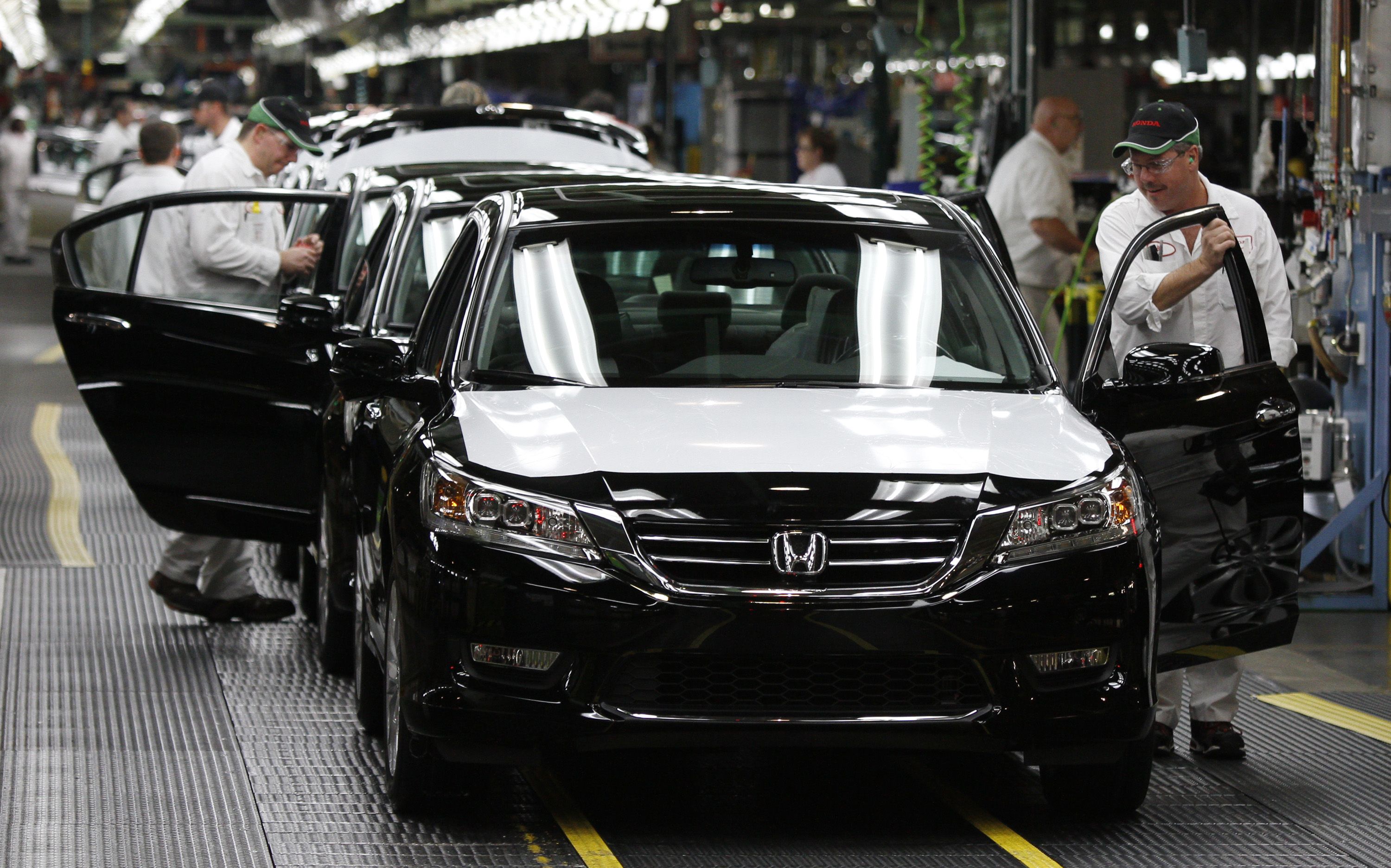Manufacturers are undergoing major restructuring in order for an efficient transition to electrification. Regardless of the trends, brand identity is important and Honda’s latest move may have a negative impact on that, as the Japanese carmaker has taken first steps towards closing down one of its major factories, in Japan, located in the Saitama prefecture.
Closing the Sayama production plant is a major step in Honda’s transition to electricity, as reported by Nikkei Asia. It’s also part of Honda’s strategy to reduce production costs as most of its models are already being produced abroad. The factory will still manufacture spare parts, but is scheduled to suspend all production, within the next two to three years.
Despite not yet having a global EV platform, Honda plans to have a full EV lineup by 2040, alongside a few FCEV models, like the Honda Clarity, which now has a hydrogen version too. Honda’s first global EV platform is scheduled for around 2025, but in the meantime, we will get one Honda and one Acura EV, the latter of which being a rebadged Cadillac Lyriq. Both EVs will be built in GM’s Mexico plant, which has been reconfigured for the production of EVs.
Ending a glorious chapter
Honda’s “Mother factory”, which had been working since 1964 and had covered every aspect of automotive development. On the 27th of December 2021, a “line-off ceremony” was held, with President Toshiro Mibe present, to mark the end of Sayama factory’s production of finished vehicles. The last models, produced in the Sayama plant are Honda Legend (Acura RLX in North America), Honda Odyssey (JDM-spec), Honda Jade, Honda Step Wagon, Honda Clarity PHEV, and Clarity Fuel Cell.
After the Sayama production plant’s closing, local (Japanese) manufacturing of Honda vehicles is expected to be focused in the Suzuka, Ogawa, and Yarii production plants. The Yarii production plant is the newest, dating pack to 2013, and it’s where most of Sayama’s operations will be moved. It is also where Honda makes the Honda e sub-compact EV, which is not available in North America.
A Japan-made Honda may be a thing of the past
Is Honda right to outsource its production? At the moment, Honda is one of the most globalized car manufacturers. In 2018, Honda sold 740,000 vehicles in Japan, which is only 14-percent of its global sales. During the same period, Toyota sold 2.29 million cars in Japan, which is 22-percent of its global sales.
Meanwhile, Honda sells 1.5 million cars in North America, which is 30-percent of its global sales. A similar figure can be seen in China, where Honda sells almost as much as in North America. Honda’s globalization means that, at the moment, even cars meant for the Japanese market are not made in Japan. The current Honda Accord, for example, is made in Taiwan.
While, in 2021, Honda also closed its U.K. and Turkey production plants, most of its production is still happening abroad, and there lies the problem for most people. Honda, like most other Japanese manufacturers, is associated with Japanese reliability, but, would that still be a thing in Honda’s future? If you are in North America, there’s a very high chance, the Honda you are currently looking to buy is not made in Japan, unless you are looking at an older model.




